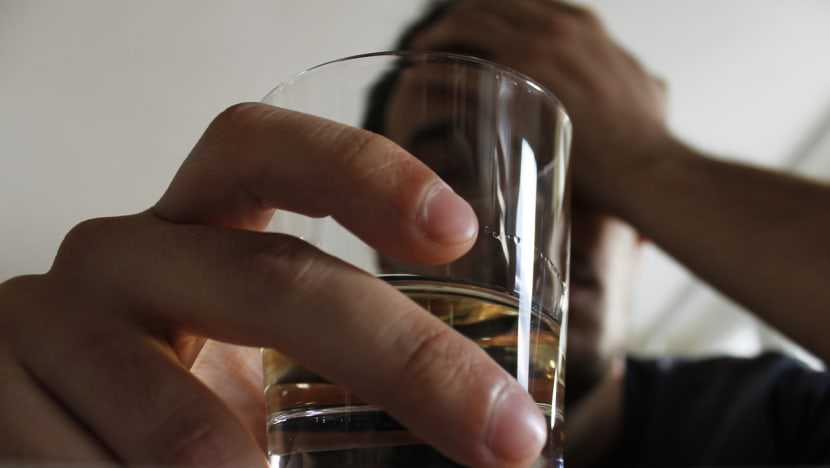Rethinking alcohol addiction: Not a lack of willpower, but a mental disorder
12 September, 2021

If you’re seeking tough love, you won’t find it with Mr Ranjit Singh.
The 59-year-old counsellor at the National Addictions Management Service (NAMS) under the Institute of Mental Health (IMH) won’t implore a recovering person to stop using drugs or alcohol because he understands their position – and his empathy isn’t lip service.
He would simply speak the words he wishes he’d heard while trying to kick his own addictions when he was younger.
“When I work with someone, I sit down and I say yes, I can completely understand where you are. I've been there, done that. I know your current challenges, and I know why you need to use (drugs). I'm not here to stop you. At this point you need it … but let’s talk about this,” he told CNA.
“This is the language I use instead of saying, you need to stop drugs, or you take drugs then you go to prison. That doesn't work at all.”
This “zero-tolerance policy” doesn’t help with the rehabilitation part of recovery from addiction because it reinforces stigma, he said. “People aren’t coming forward (for help) for fear of getting arrested or going to prison.”
As a recovering person himself, Mr Singh knows “the addict himself wants to stop”, but might not know how to verbalise that desire.
“He may express it in a very disrespectful manner, very cocky, very self-entitled. It can be very challenging to deal with someone like us at that stage. Because we’re lost, we’re confused, frustrated and angry. Deep within, we have childlike behaviours,” he said.
Having battled similar demons since he took his first sip of alcohol at 14, Mr Singh knows how different his life may have turned out if he'd received the right help.
A "FULL BLOWN" ADDICTION
Alcohol first transformed Mr Singh from an awkward teenage boy, who couldn’t relate to the people around him, into someone who was bold, cool and relaxed, oozing with charm towards girls.
“This was a miracle drug for me. This was what I wanted,” he told CNA.
With the money he earned from his part-time job, he developed a daily drinking habit. He then started using marijuana with a group of friends, eventually moving onto benzos (benzodiazepine) and heroin.
By the time he was 22, he was a “full-blown addict” with substance use disorder.
At 27, he was arrested and sentenced to the Drug Rehabilitation Centre (DRC) for 10 months. There, he made a plan to turn his life around, beginning with marrying his wife (then girlfriend) once he was released.
But that plan was put to rest, as he picked up the bottle again upon his release.
“When I came out, instead of using heroin, I drank alcohol. I told myself, alcohol is okay because it’s legal everywhere. In my mind, I wanted the highest amount of alcohol. That was dry gin, which had about 49 per cent alcohol,” he said.
Within six months of his release, he was using heroin again. Not even the prospect of getting married could stop him.
MISGUIDED INTERVENTION
Mr Singh initially tried to address his relapse by praying to be stronger. After all, people told him they were able to stop drinking alcohol or smoking cigarettes, so he could “just stop” too.
“People used to say, ‘I used to drink alcohol, smoke cigarettes, and now I’ve stopped. If I can do it, you can too.’ So if they can’t, why can’t I? … I even went for counselling,” he said.
“All this advice was very excellent, but I couldn’t stop. The desire to stop was there, but I wasn’t able to translate it into action … I tried and it became worse, and I started beating myself up.”
While he understood people meant well, their solutions treated addiction as a matter of willpower. After working at NAMS, he’s realised that addiction isn’t just a “behavioural or social problem” as many people see it, but a biological problem.
Source: www.channelnewsasia.com
